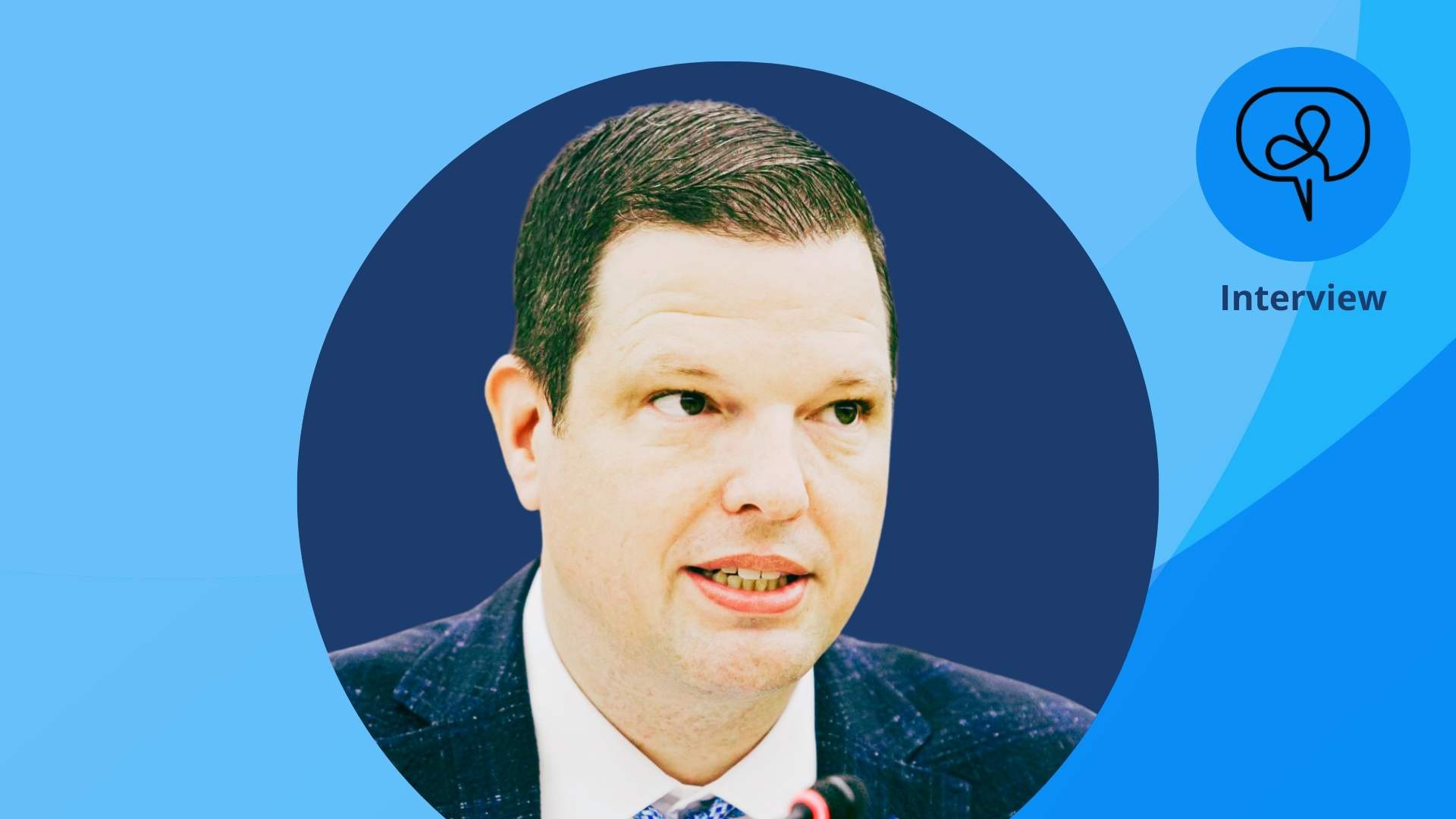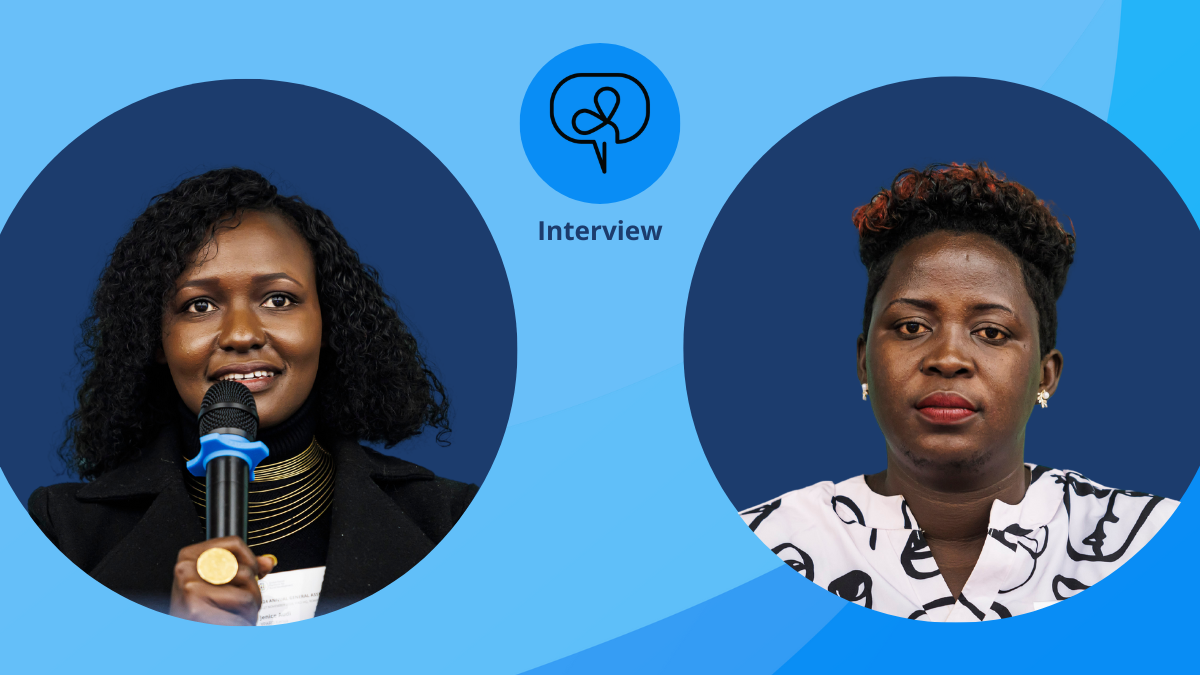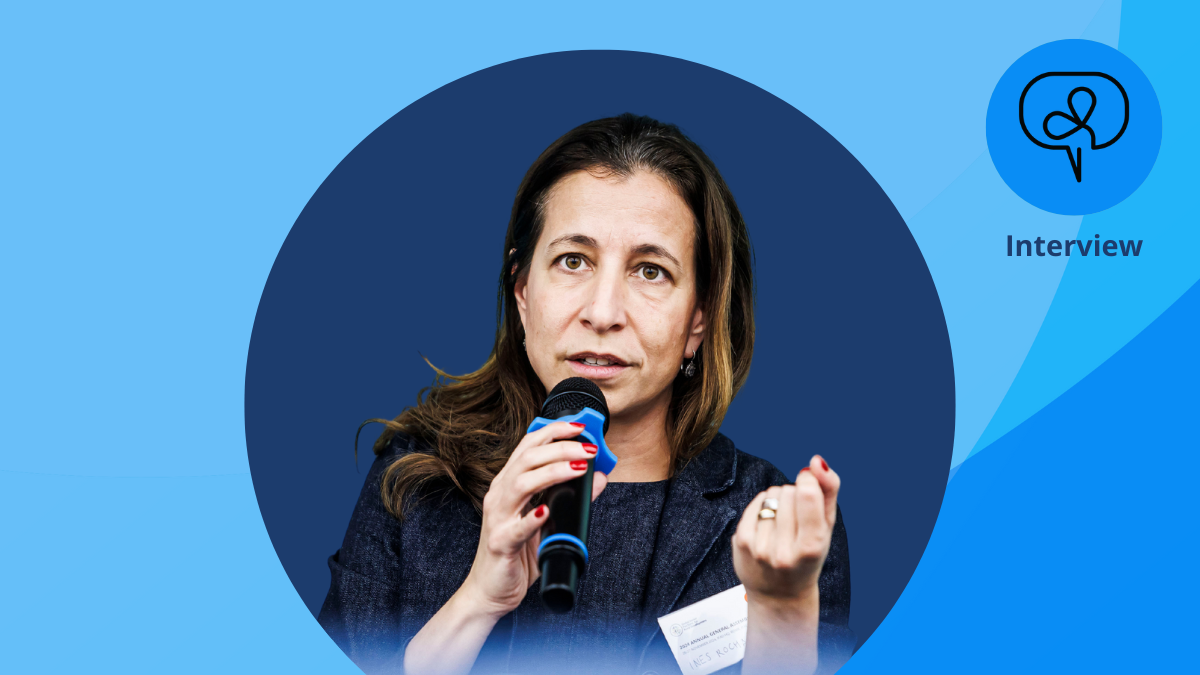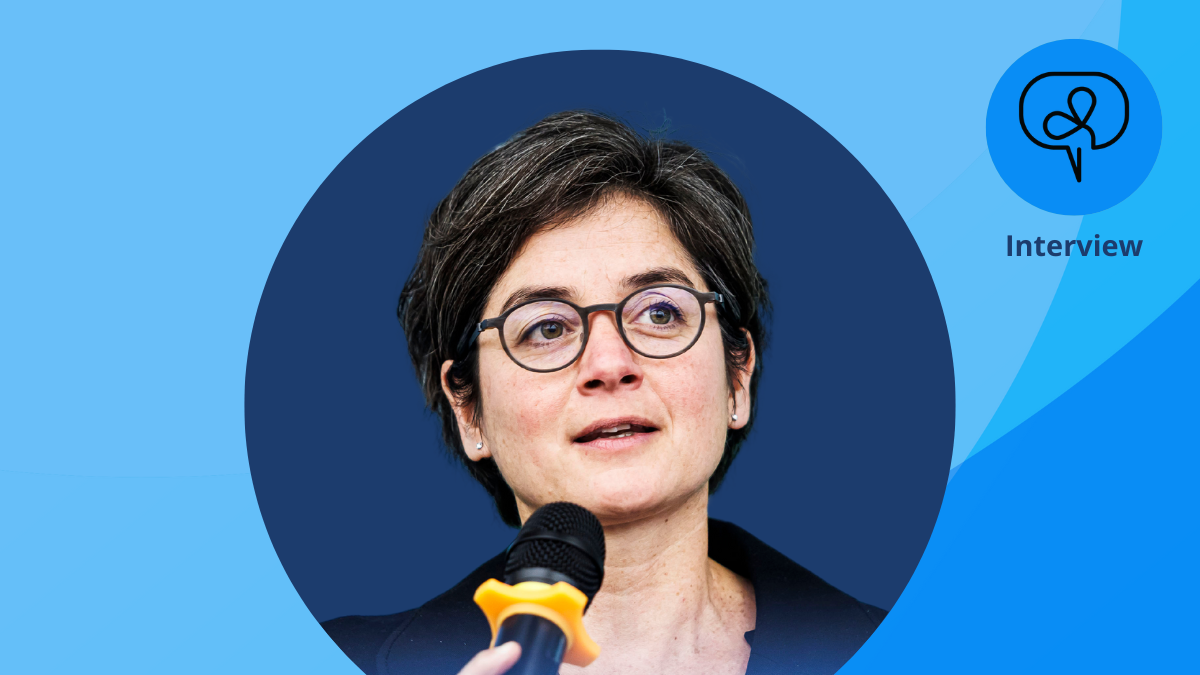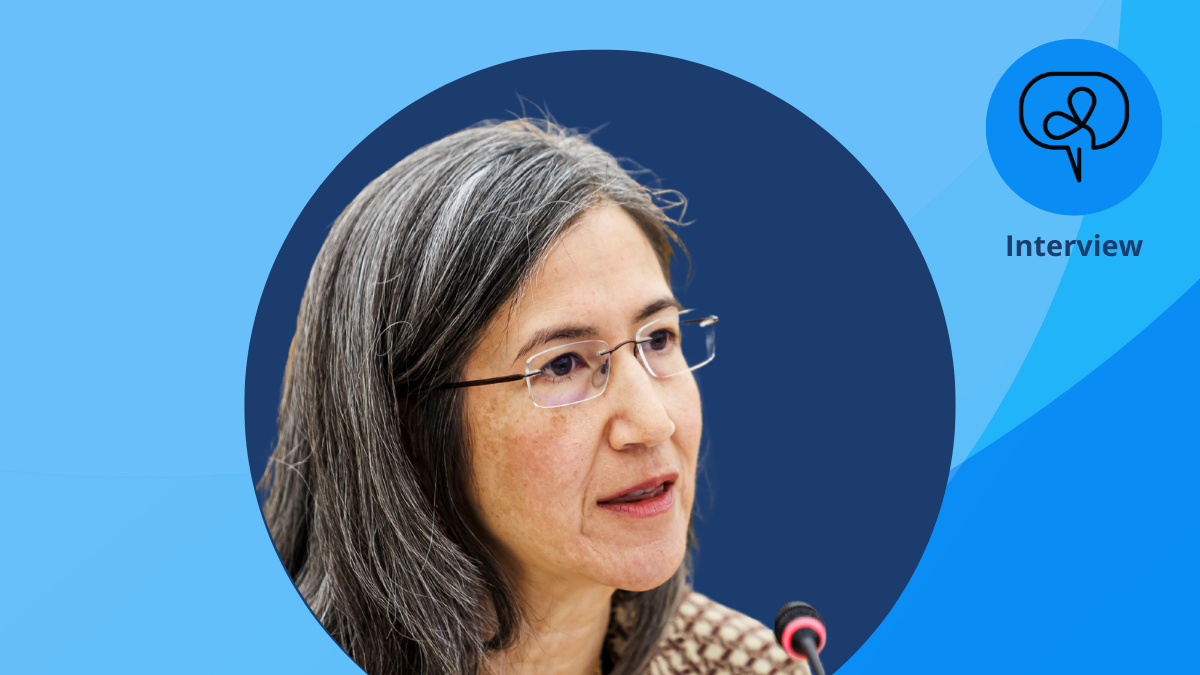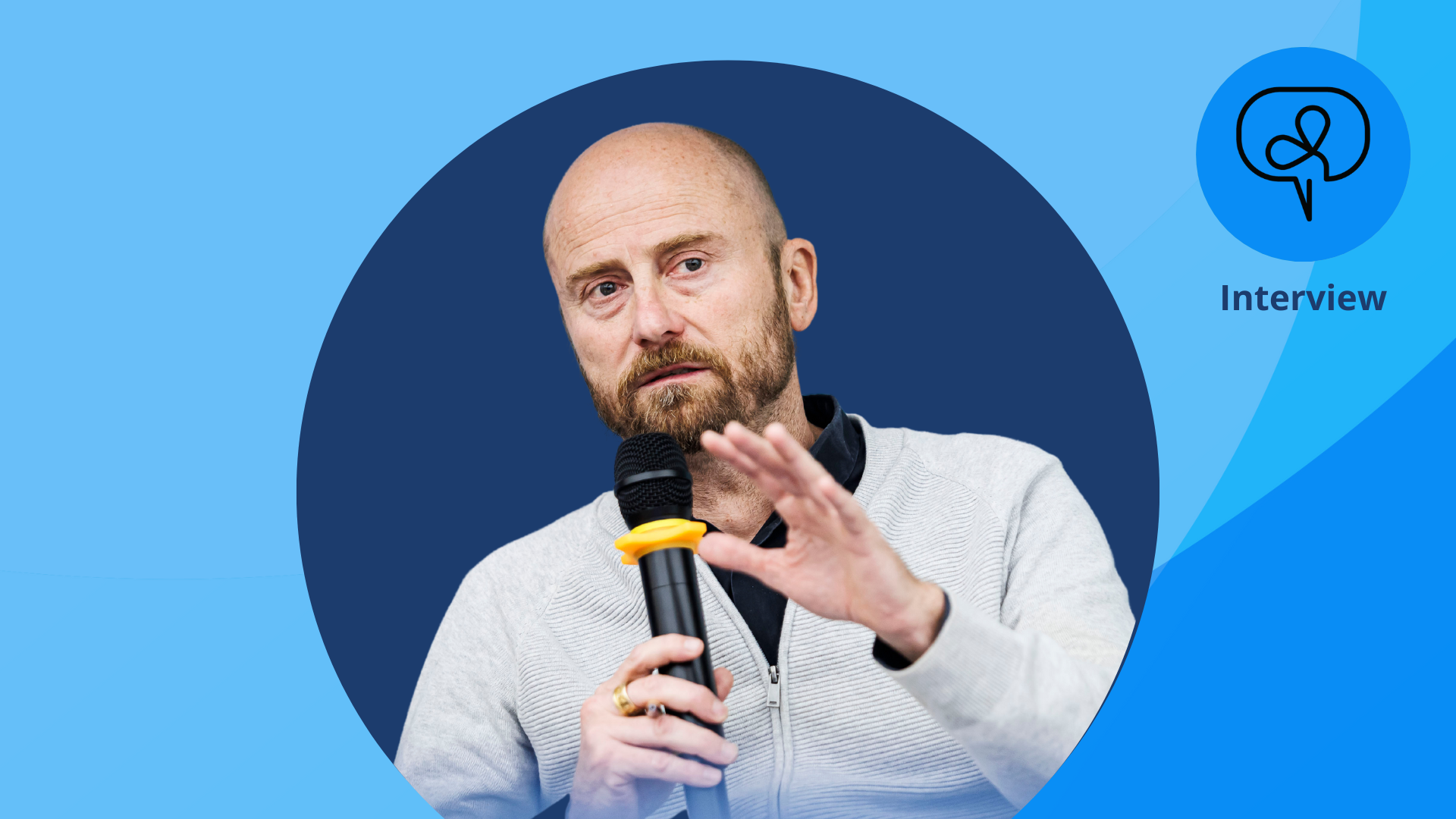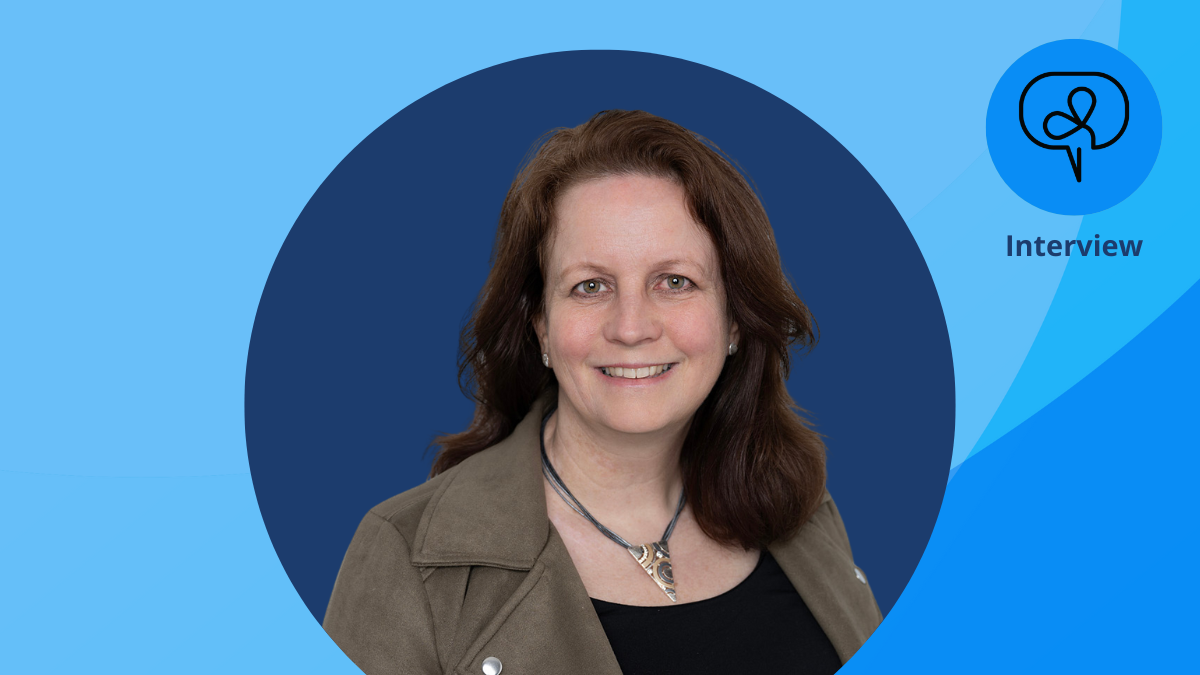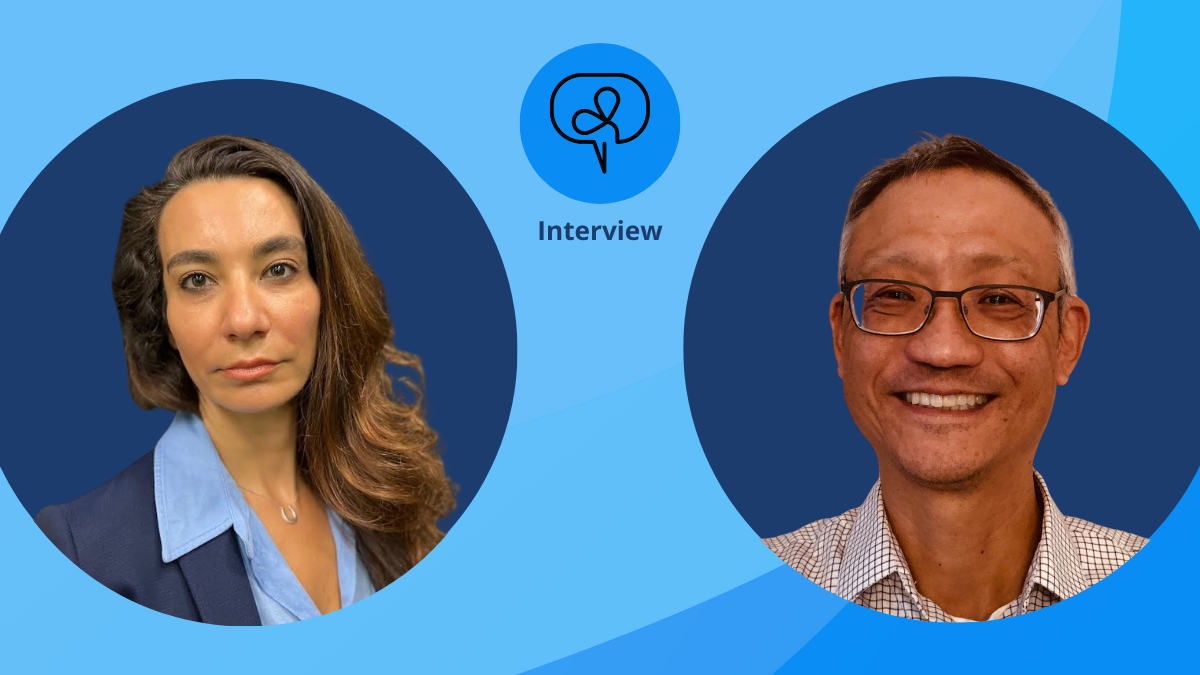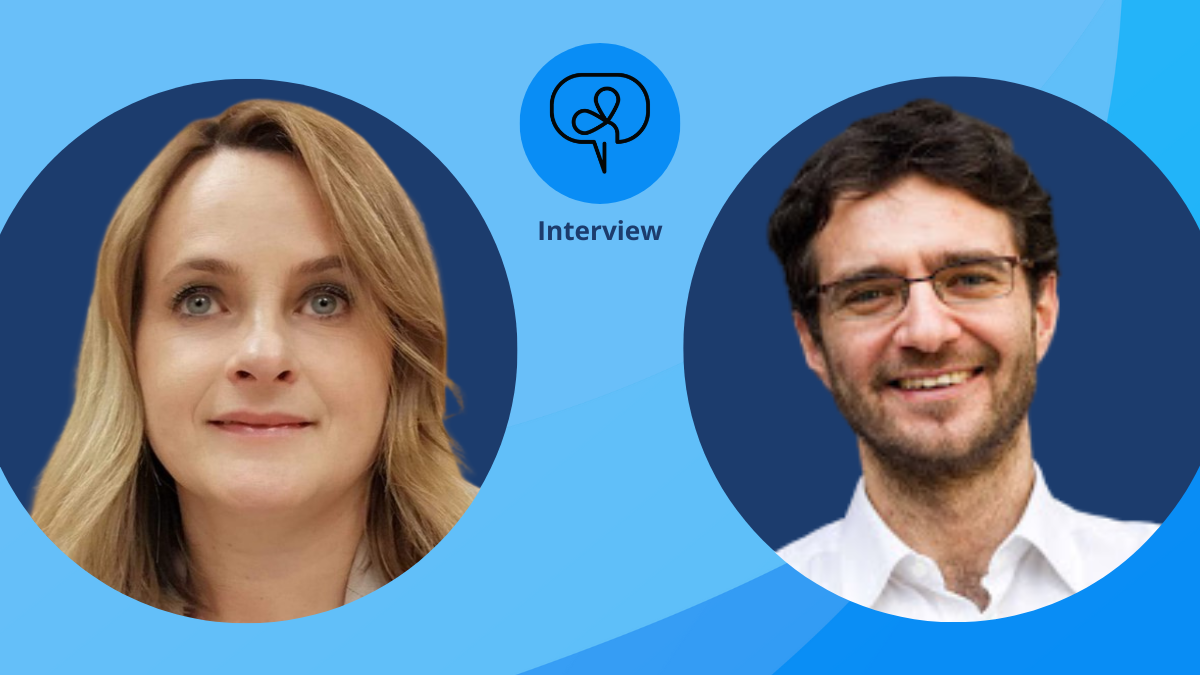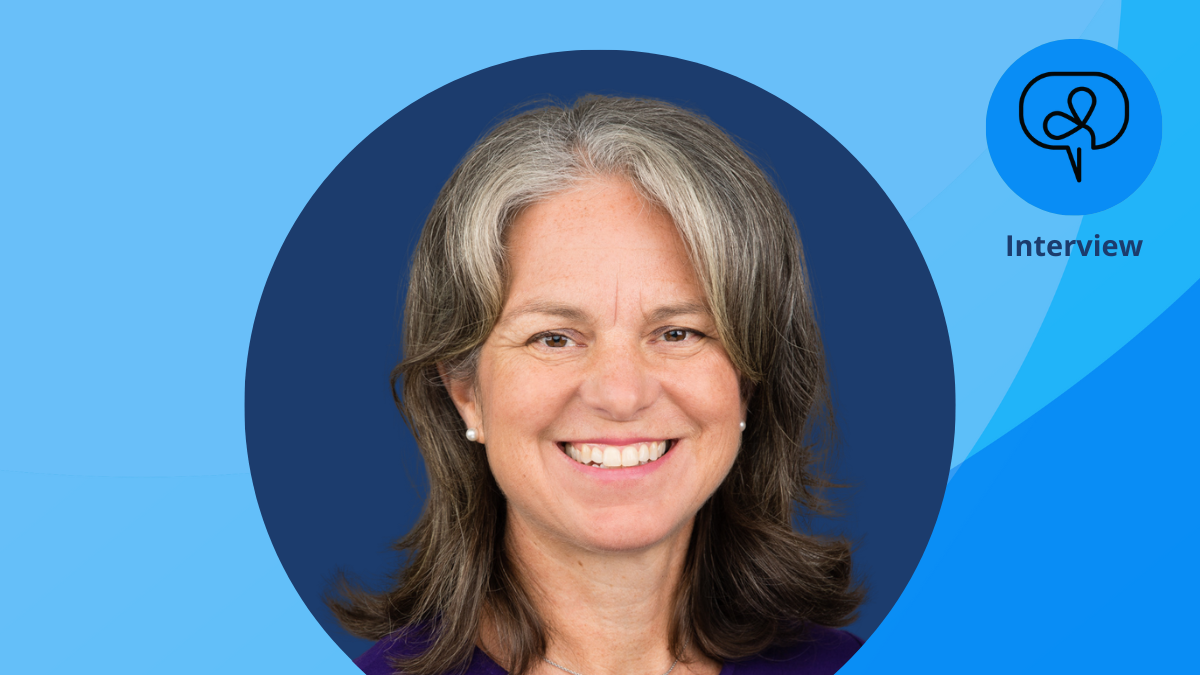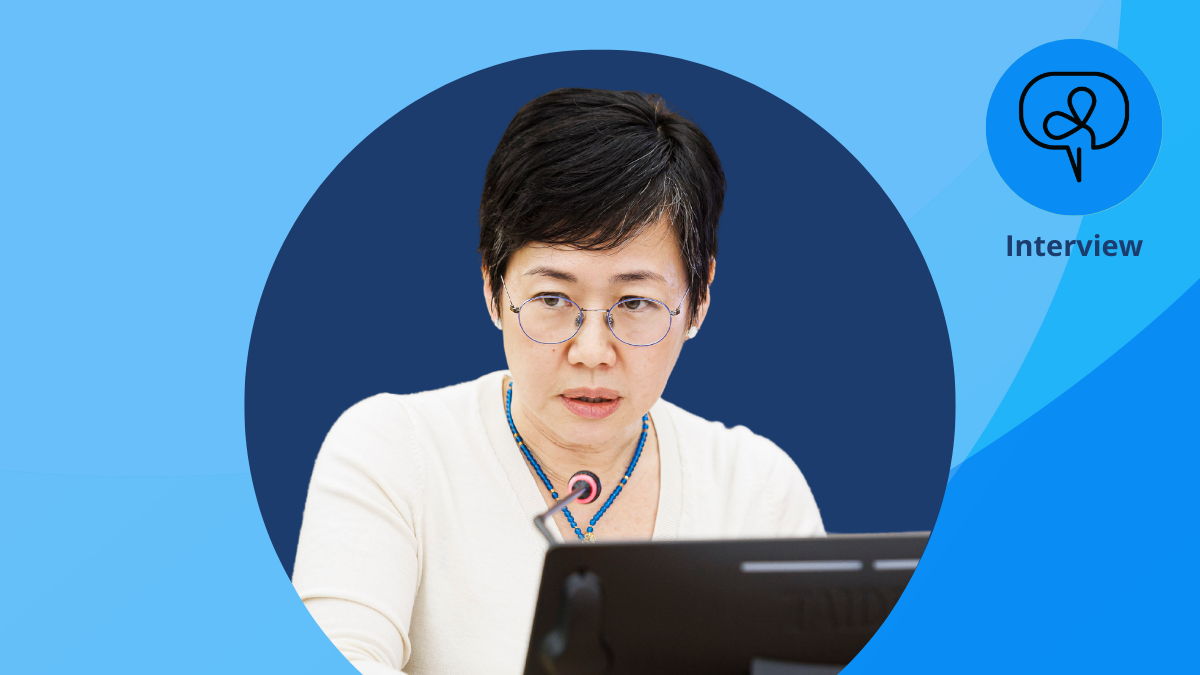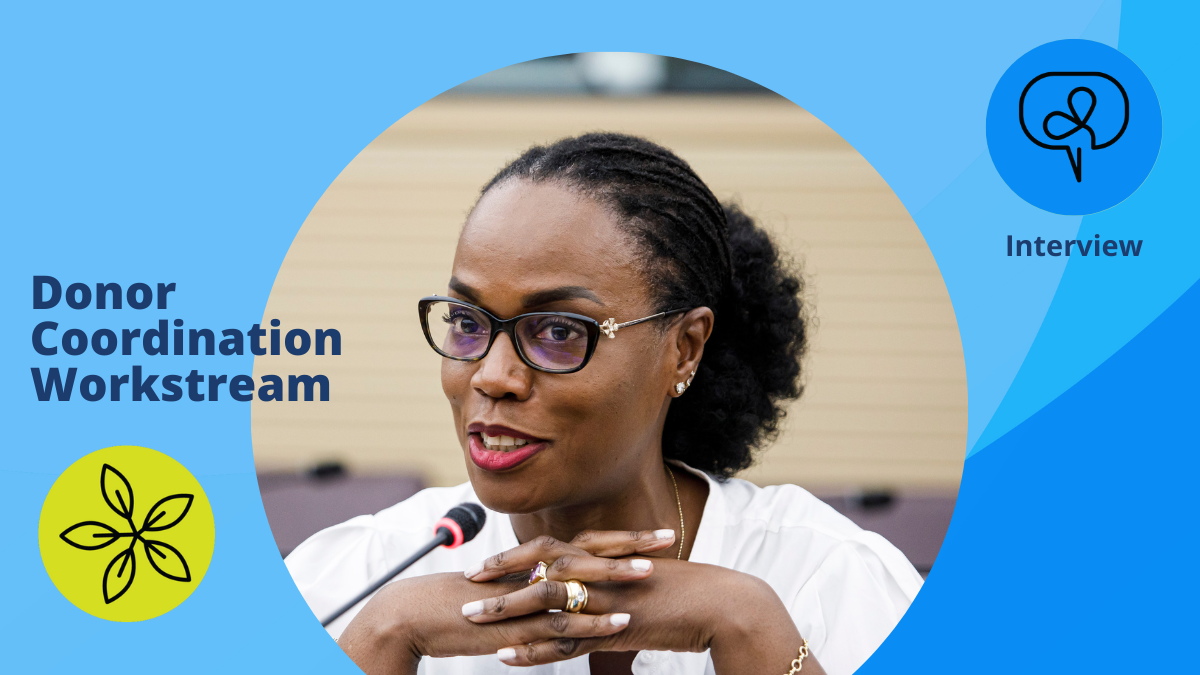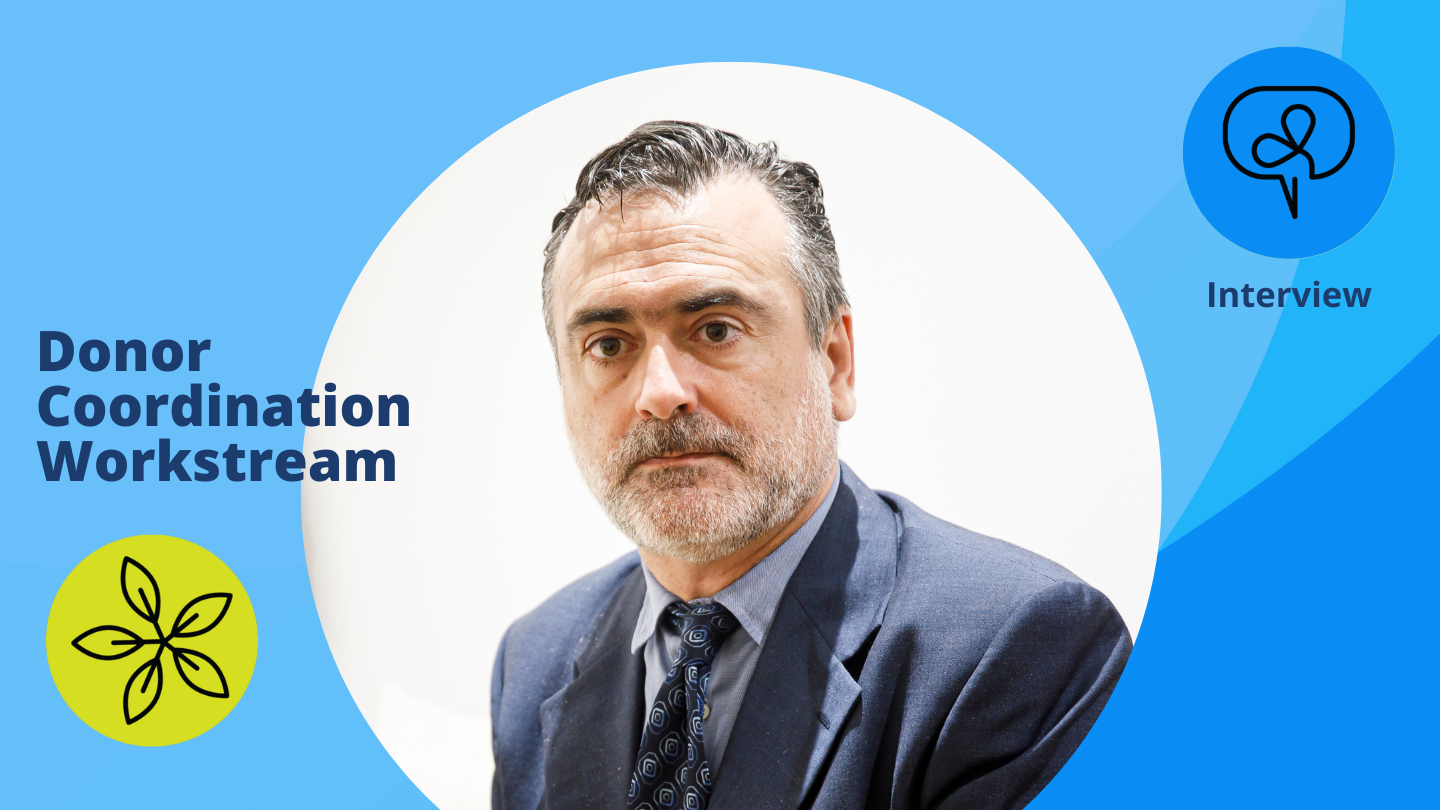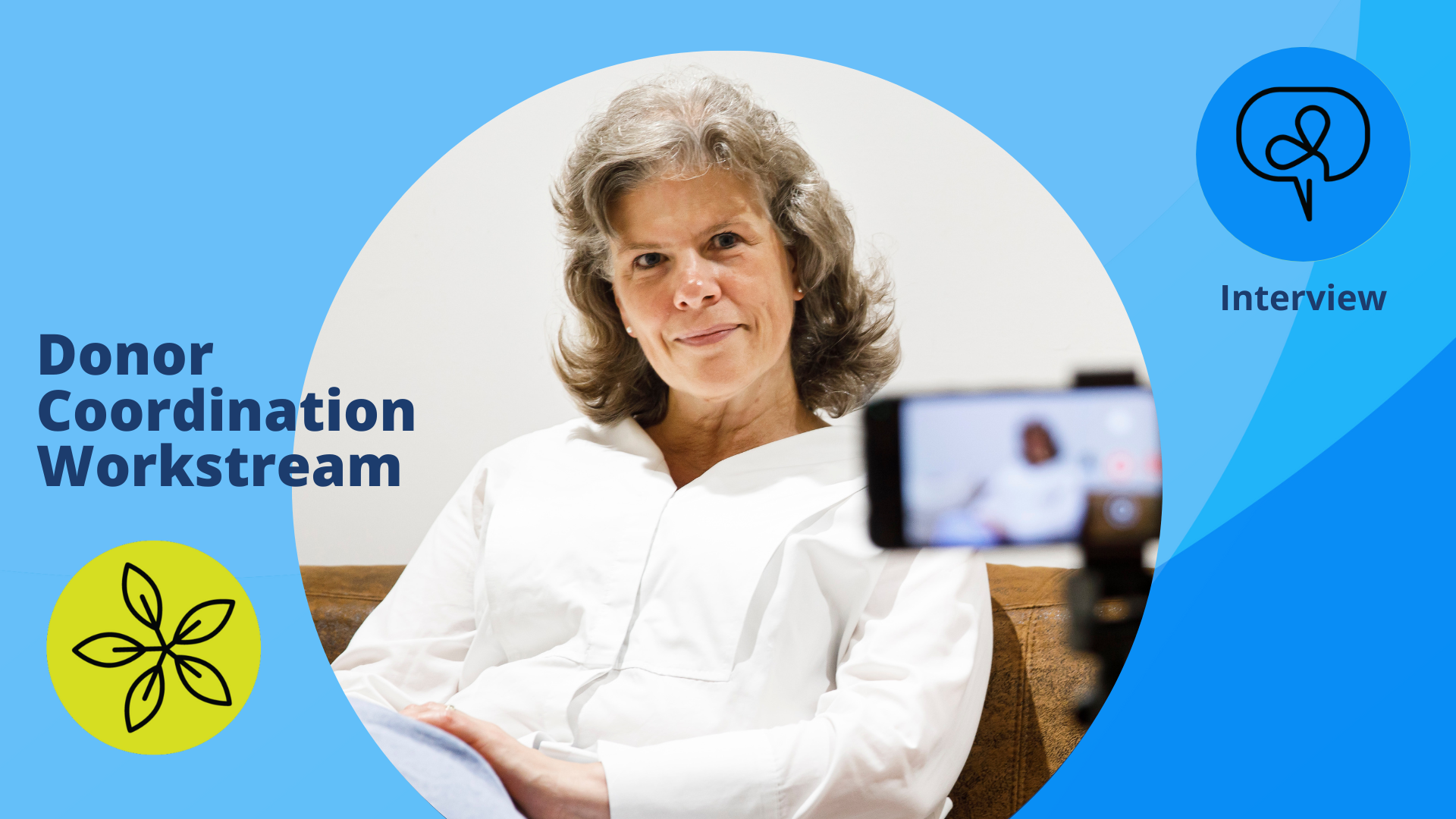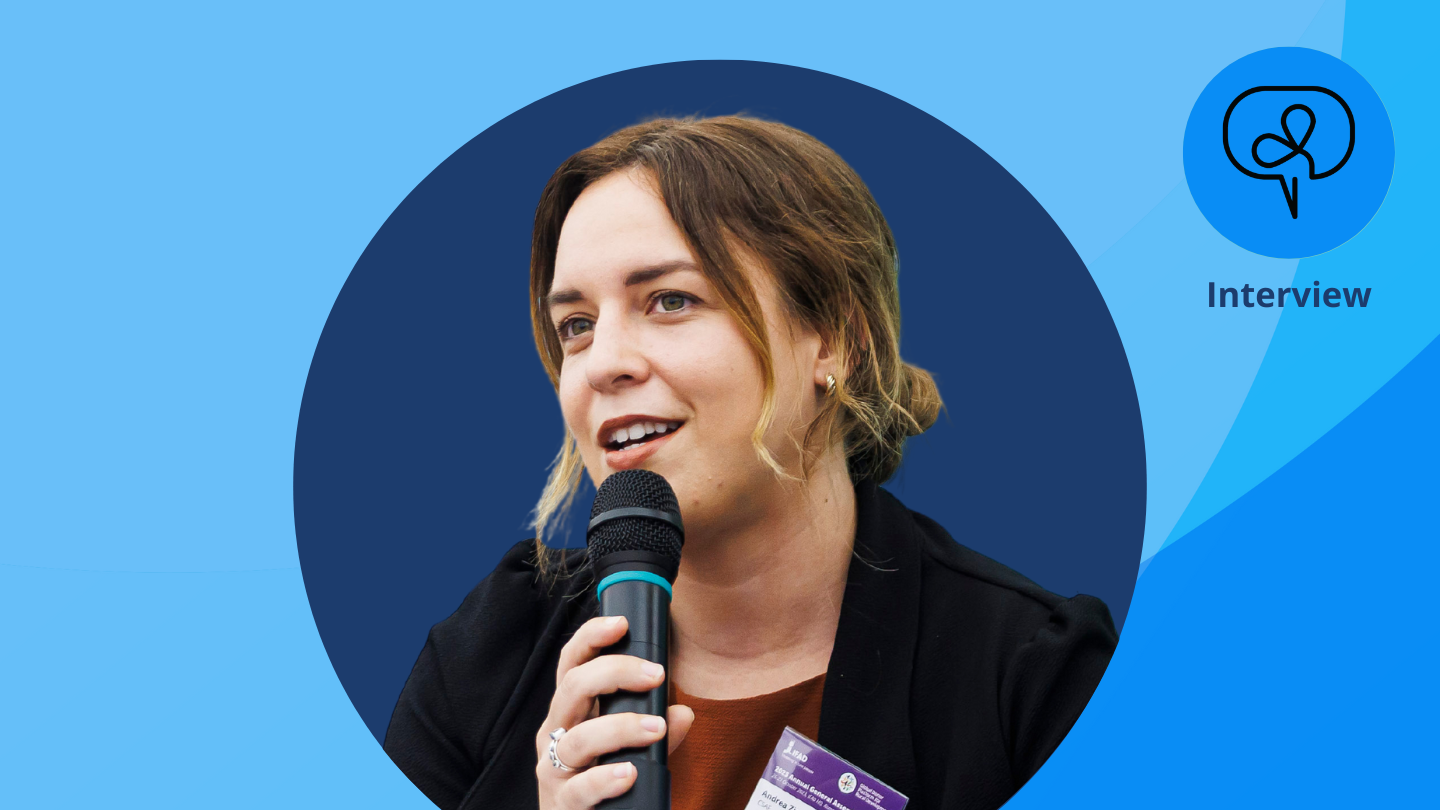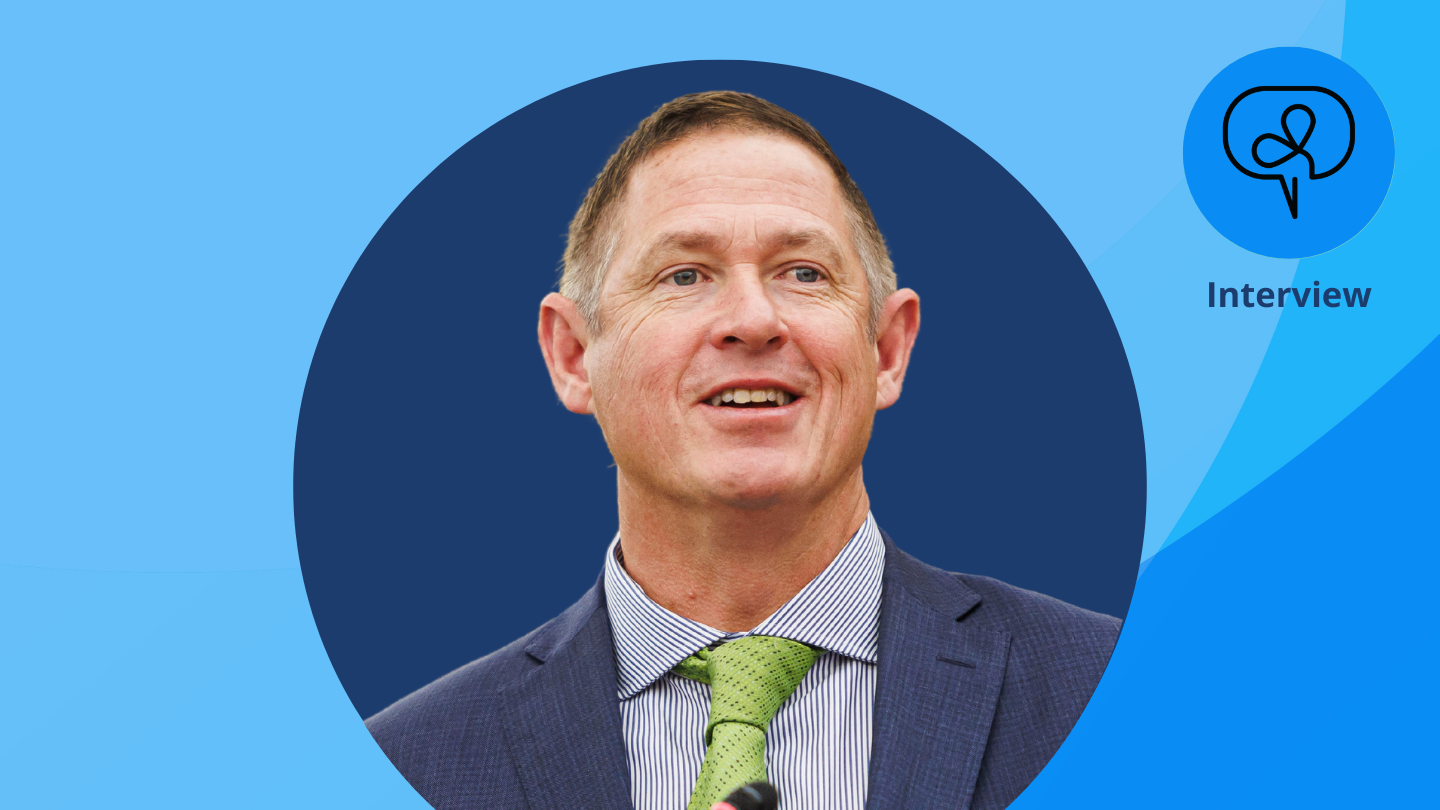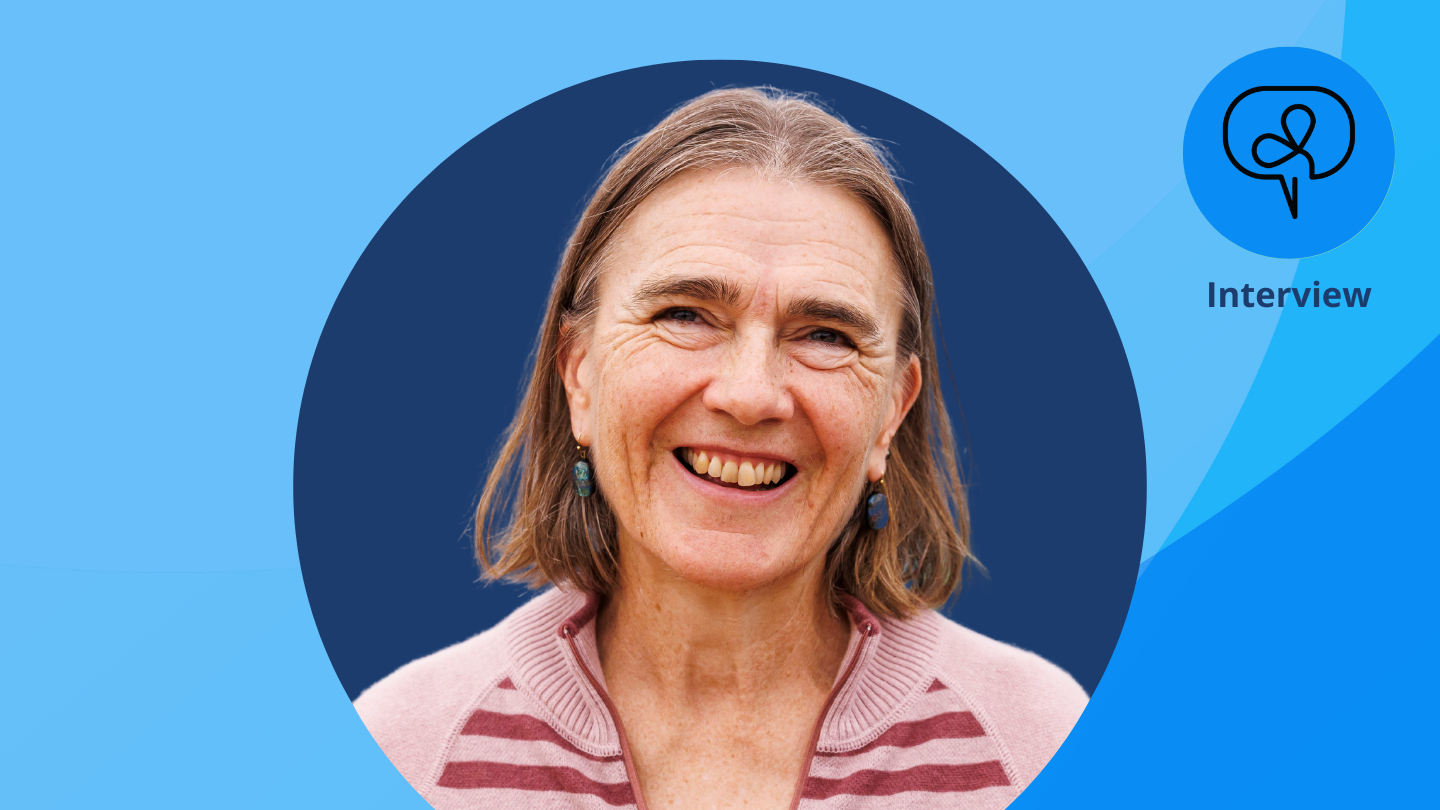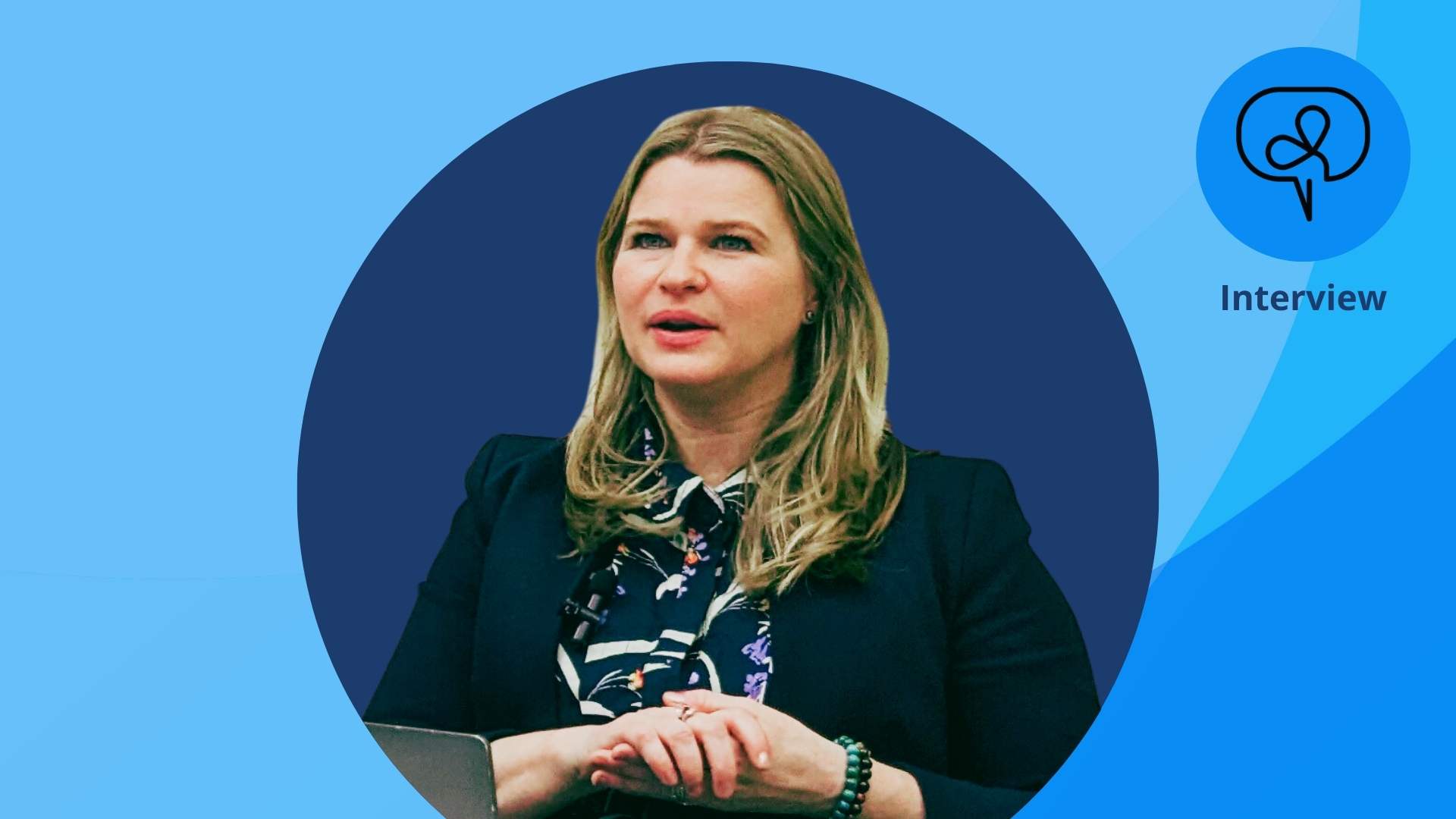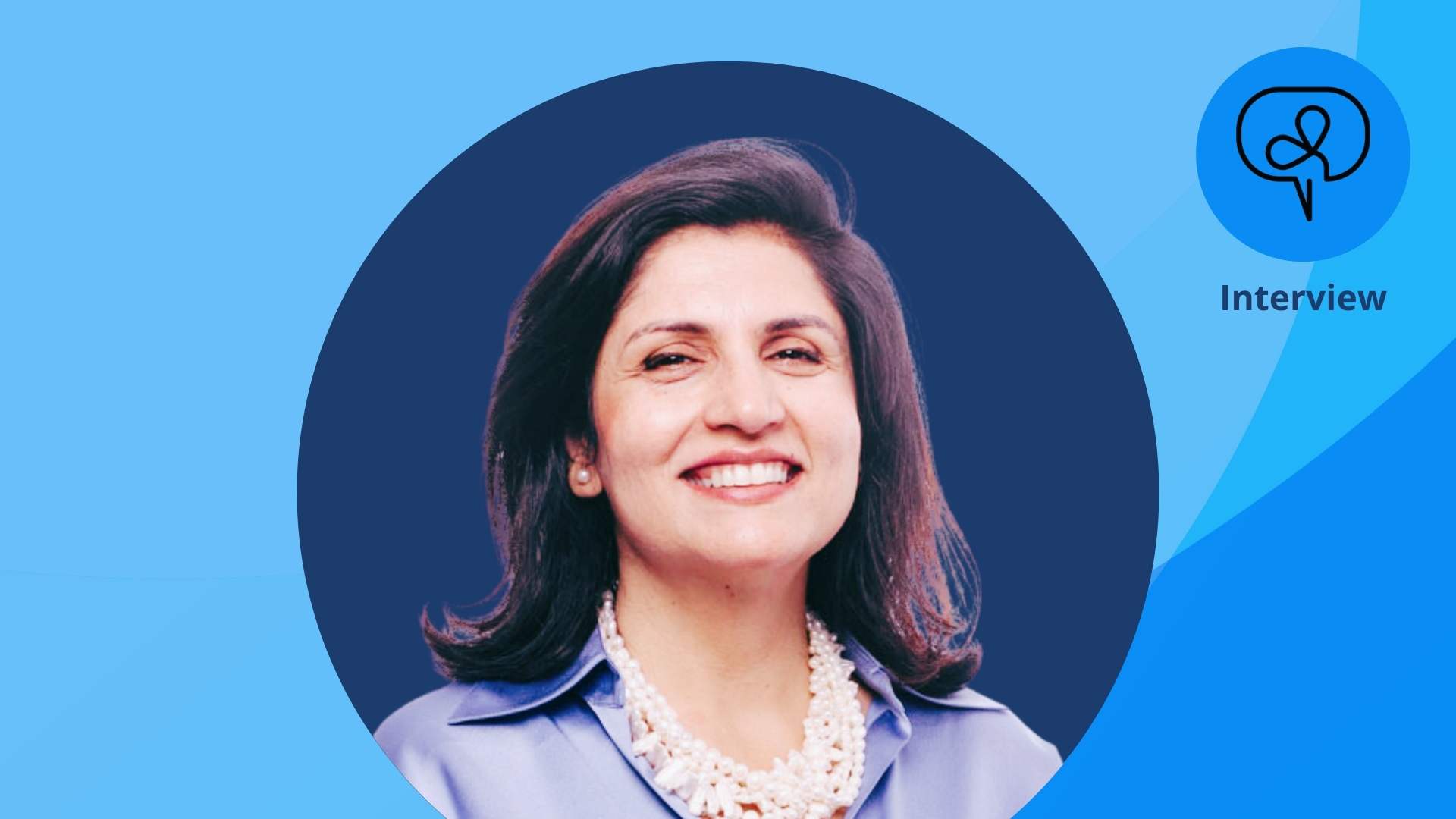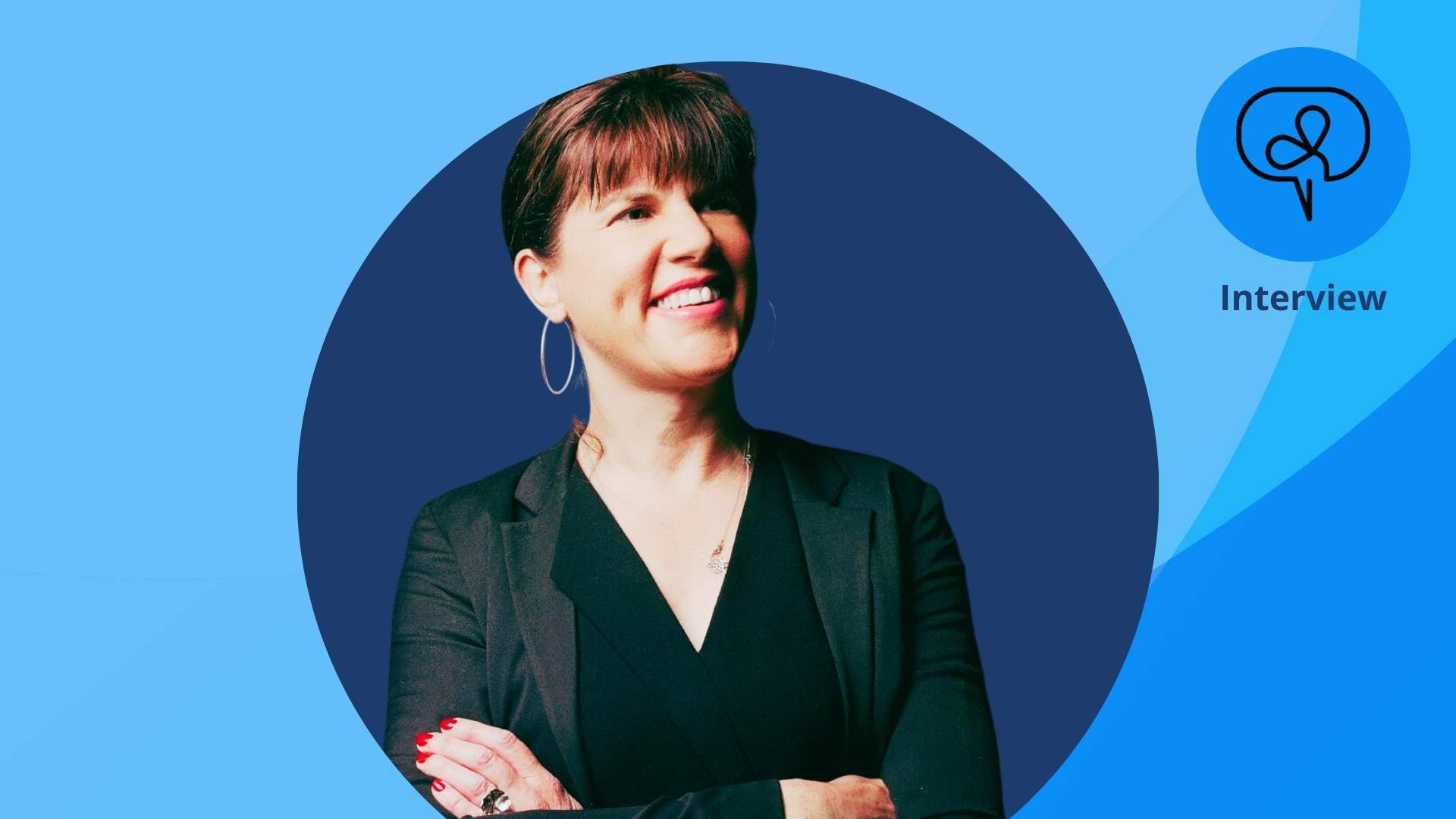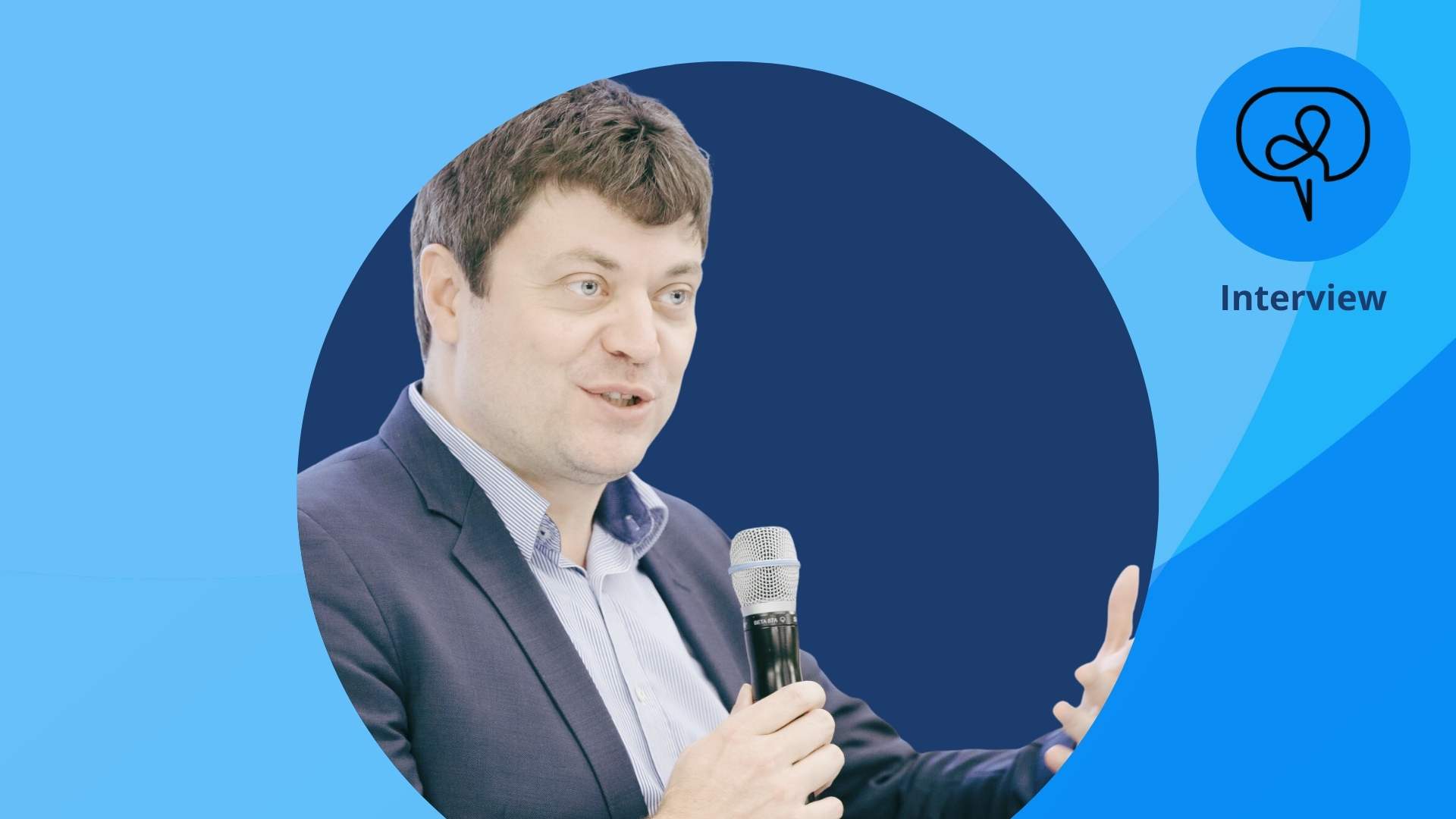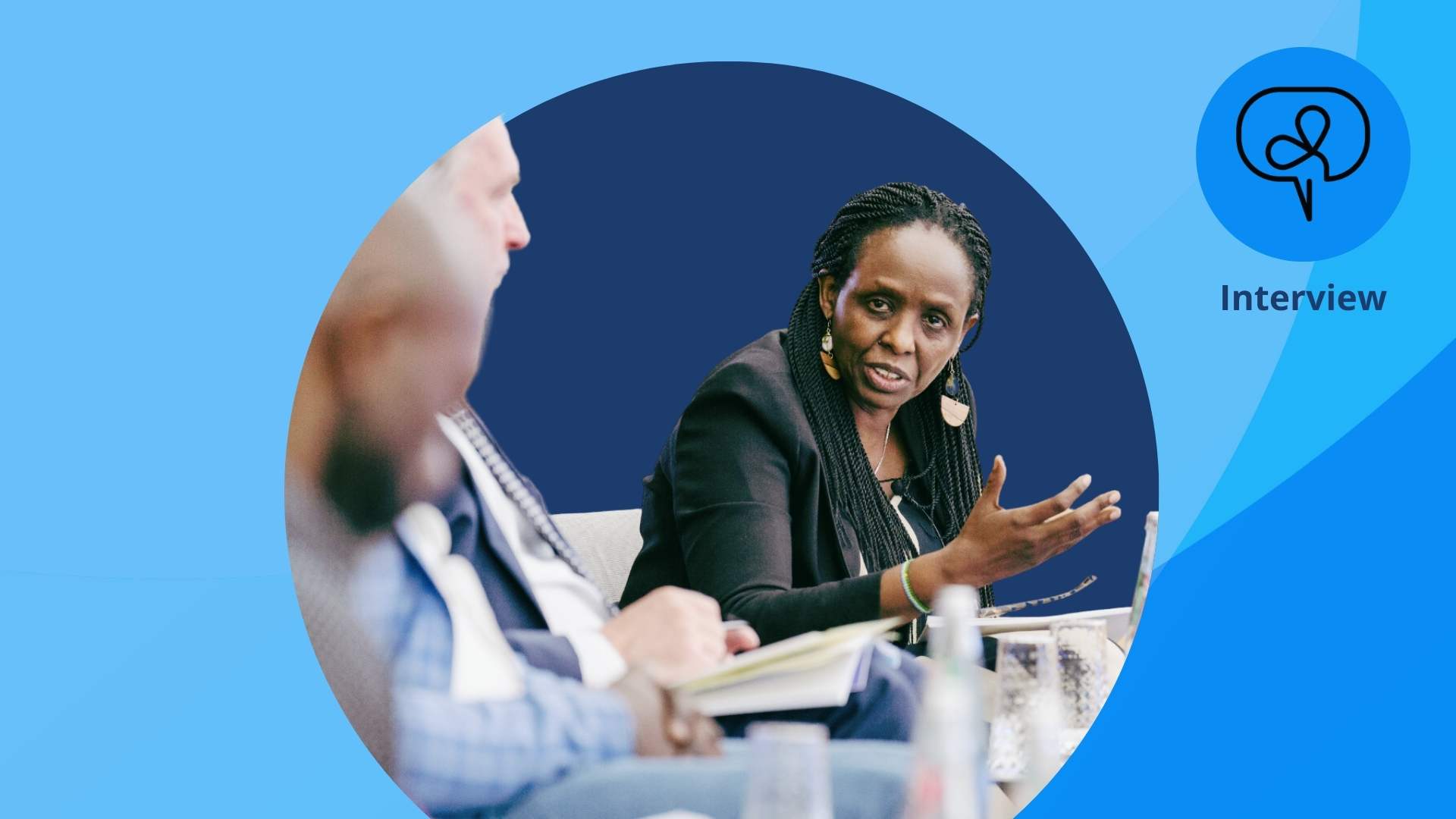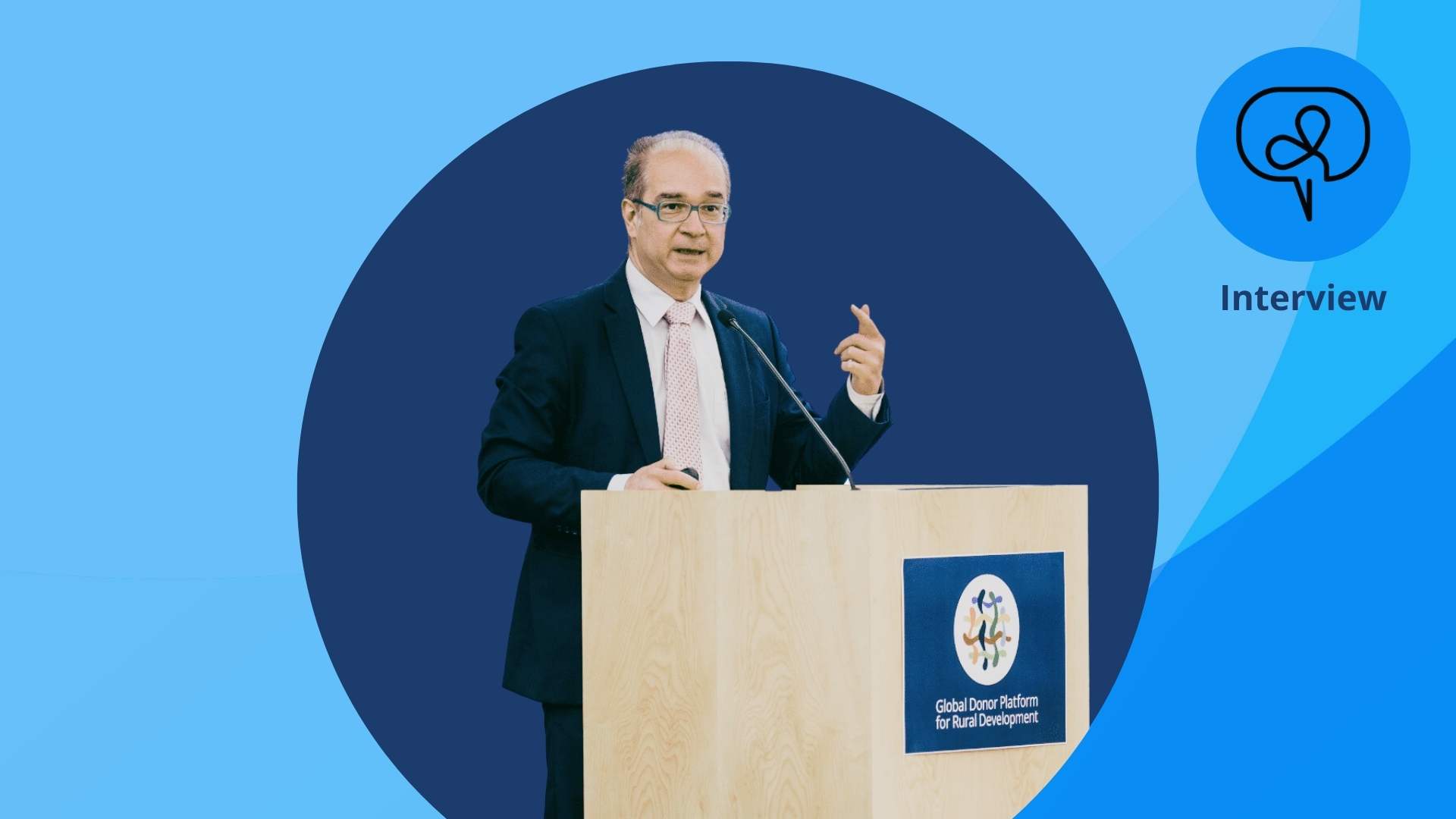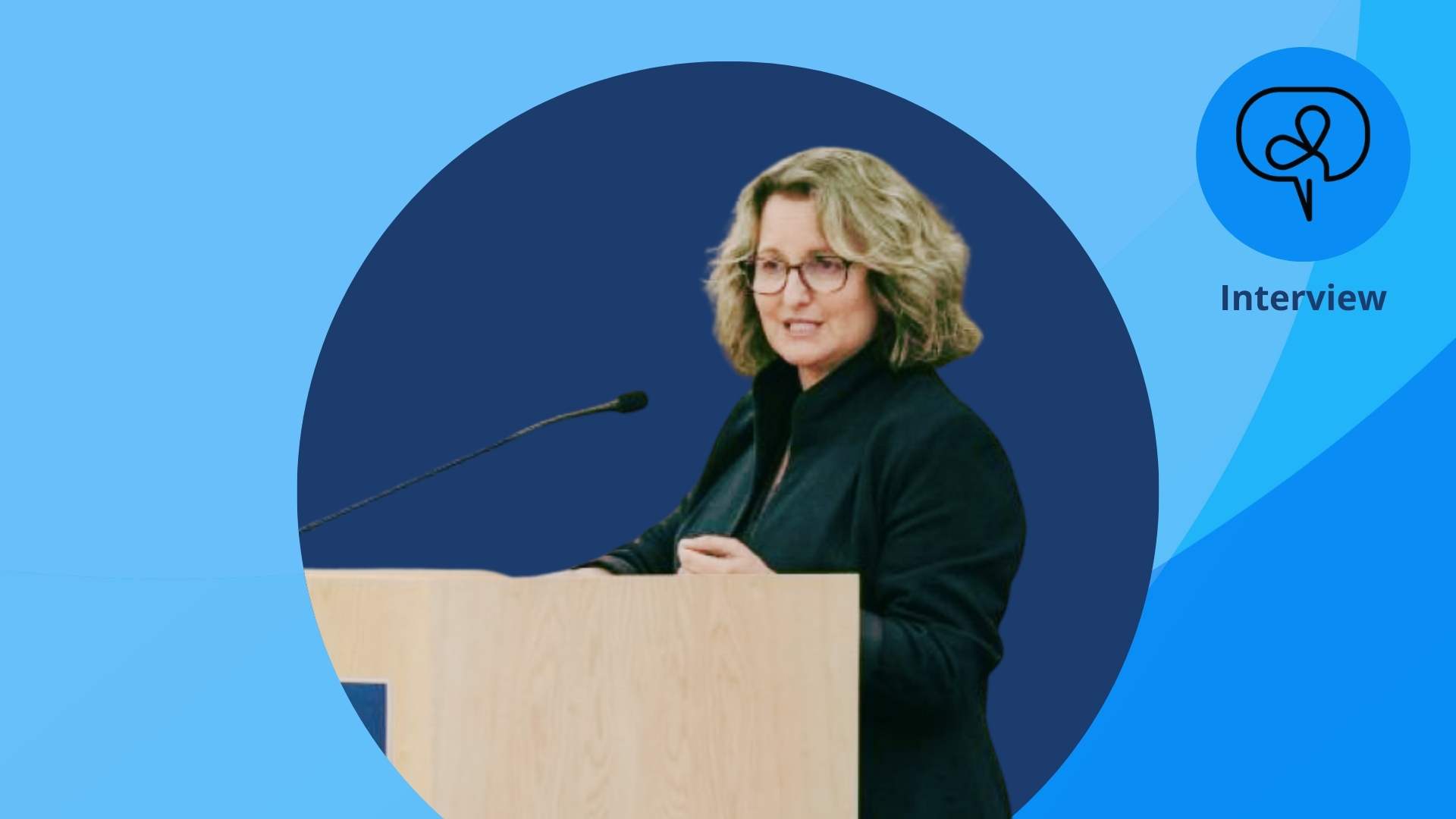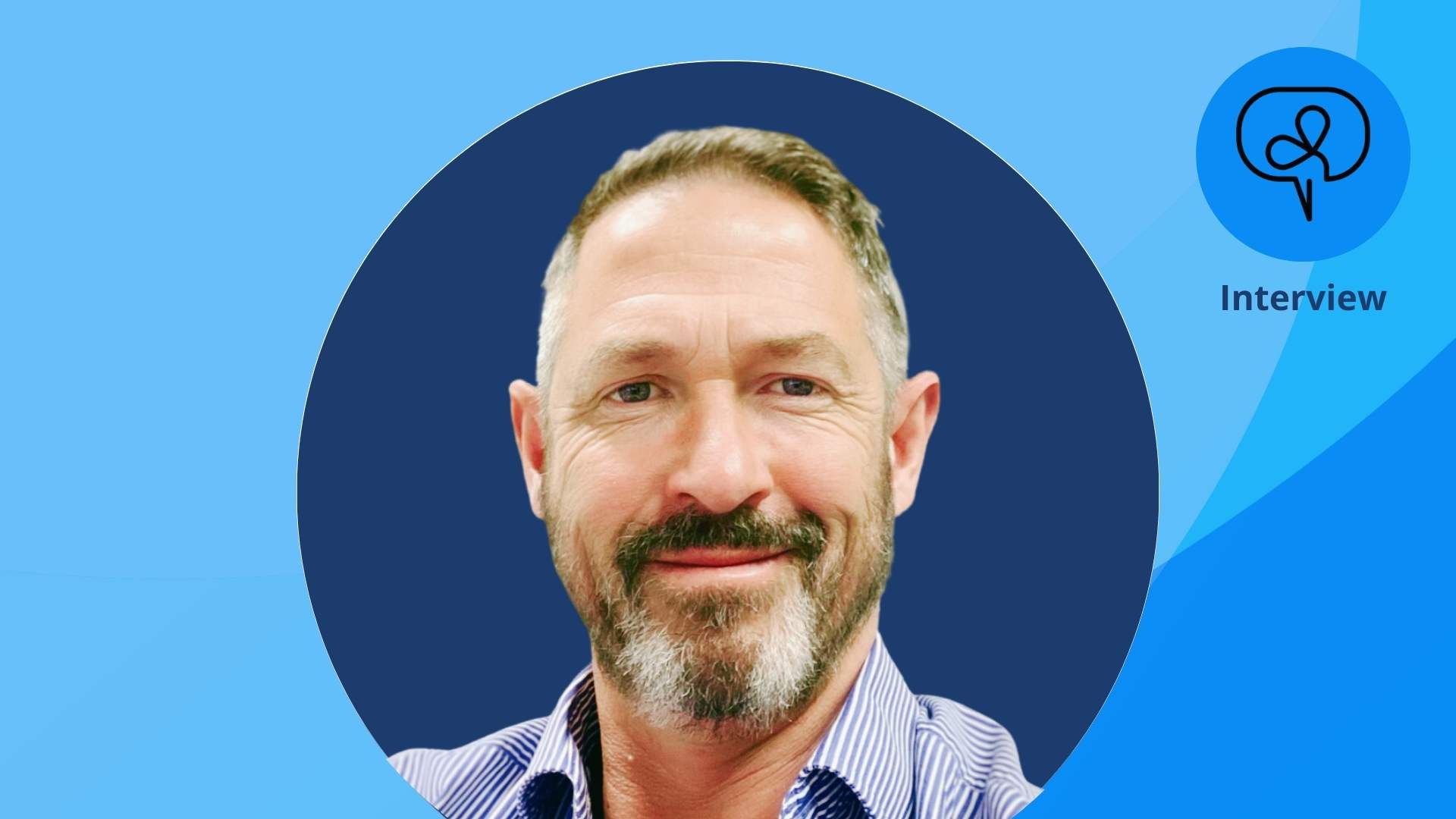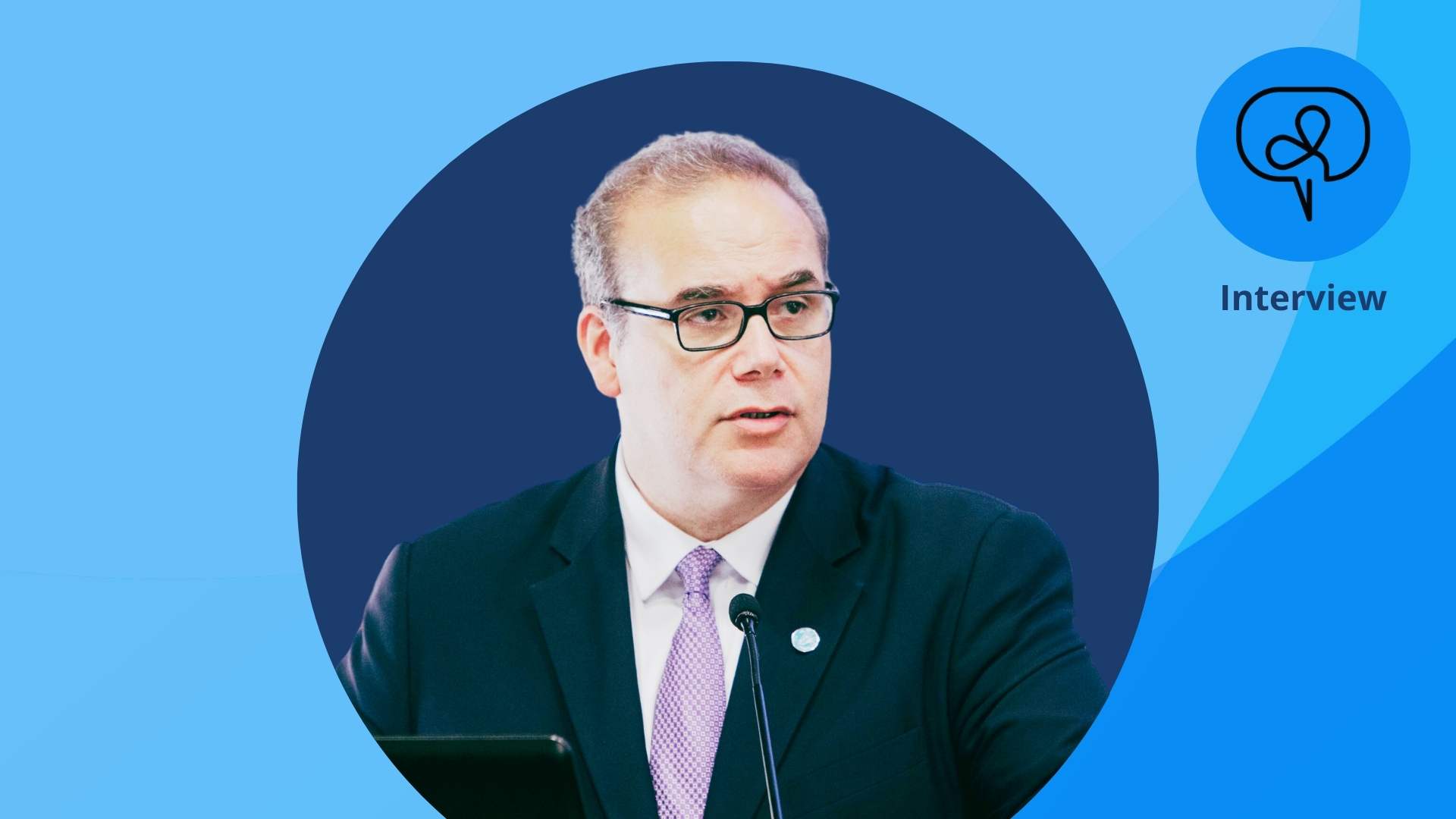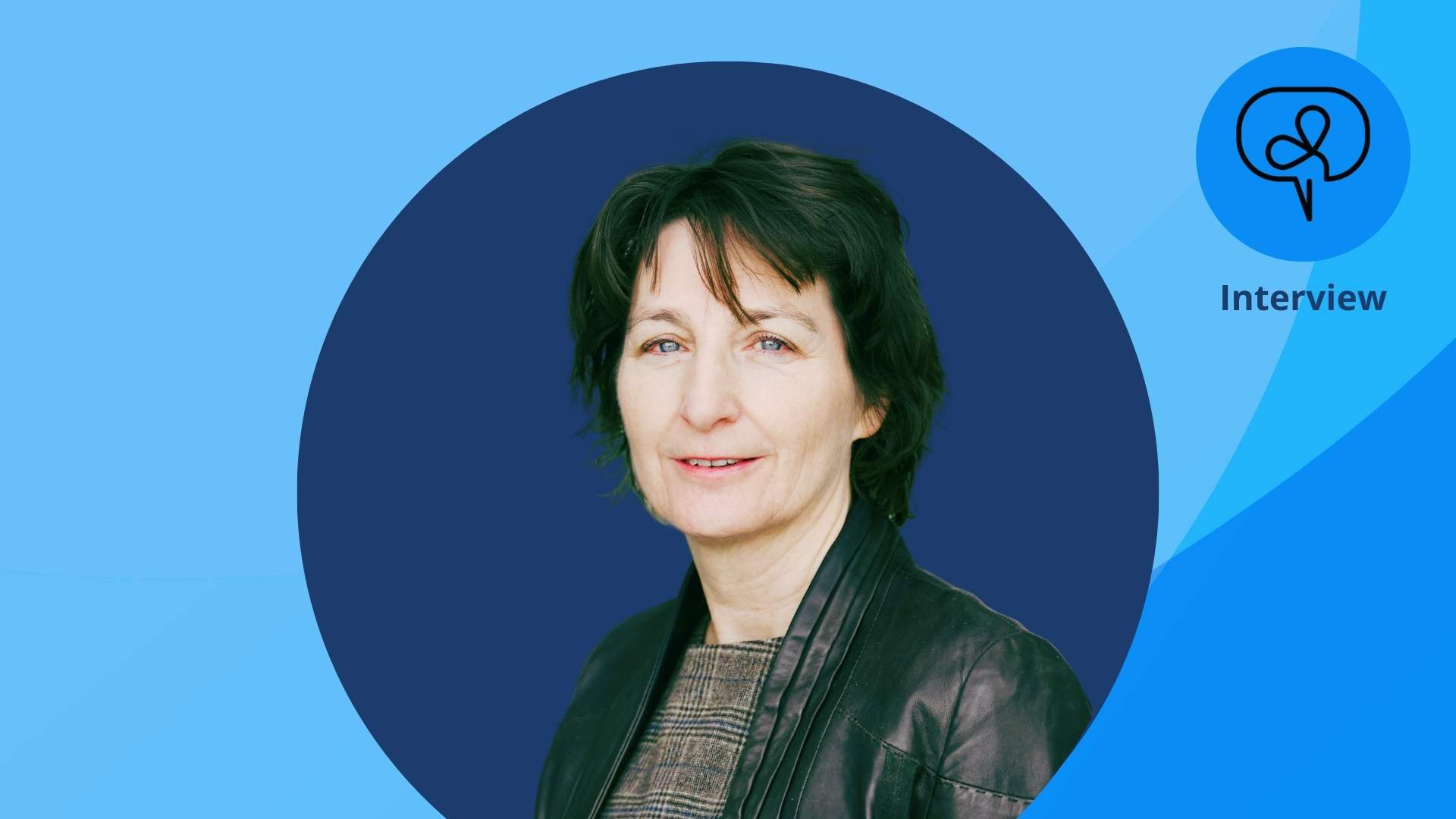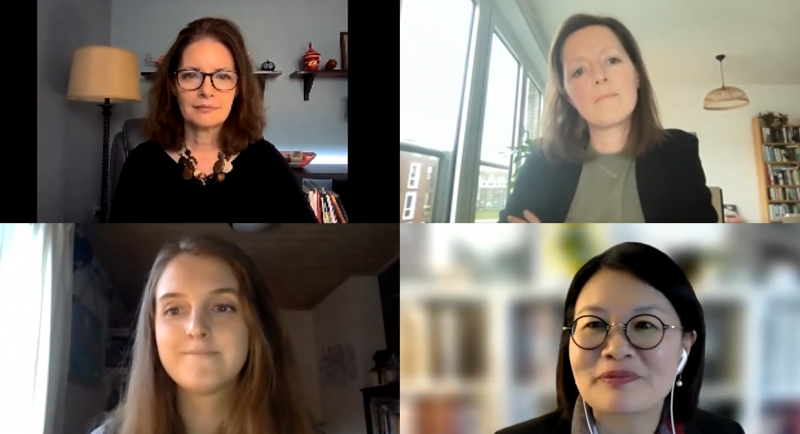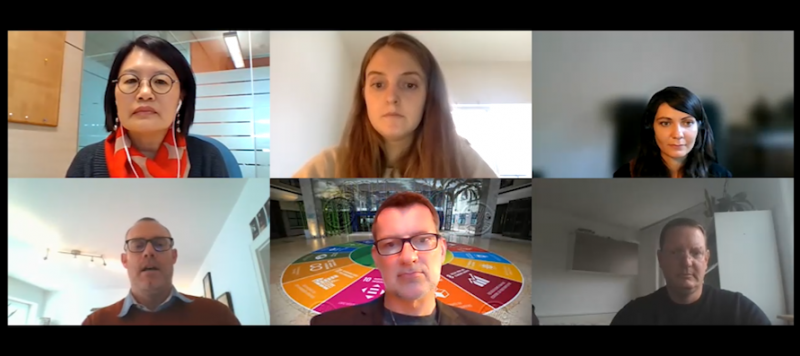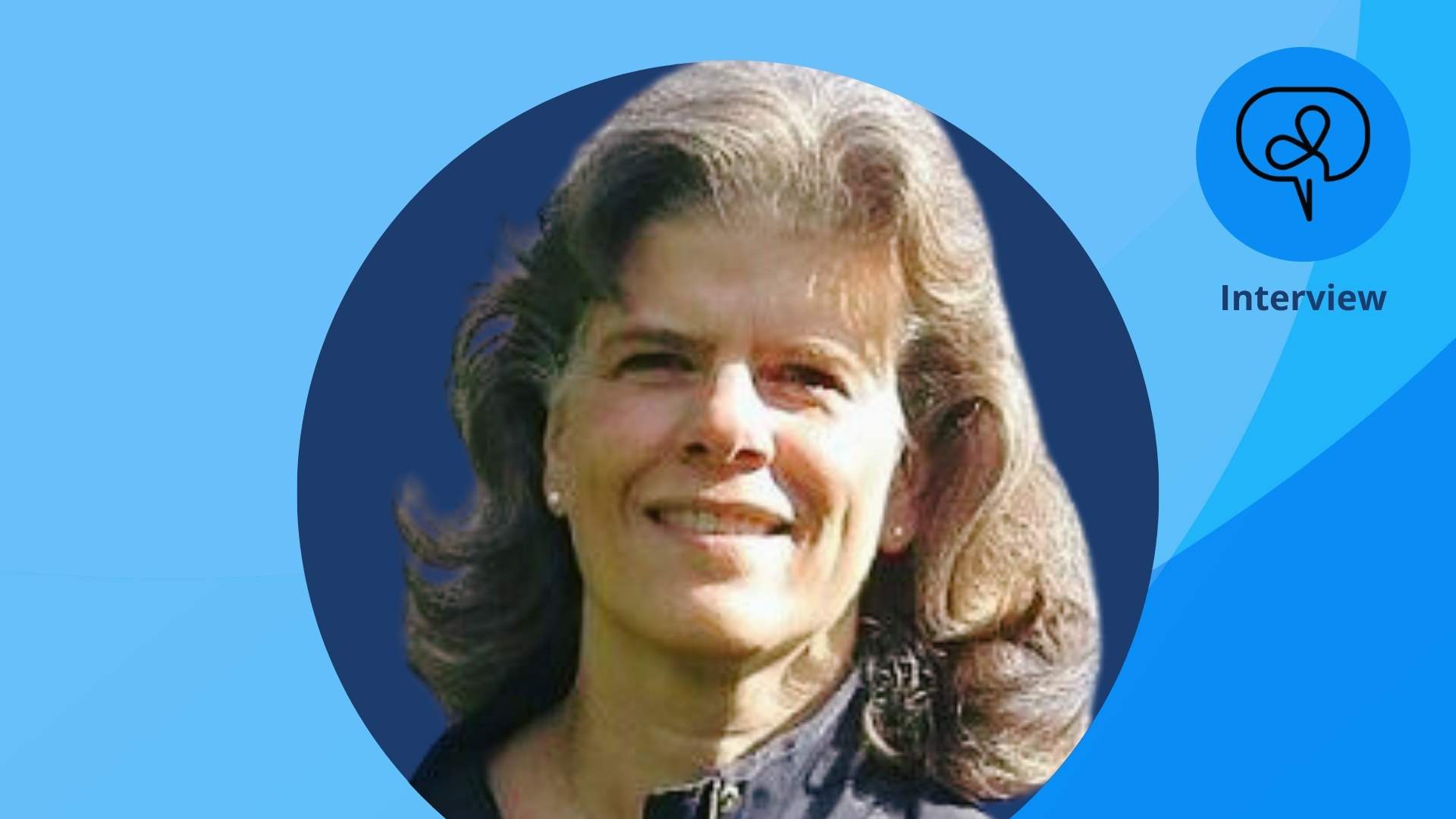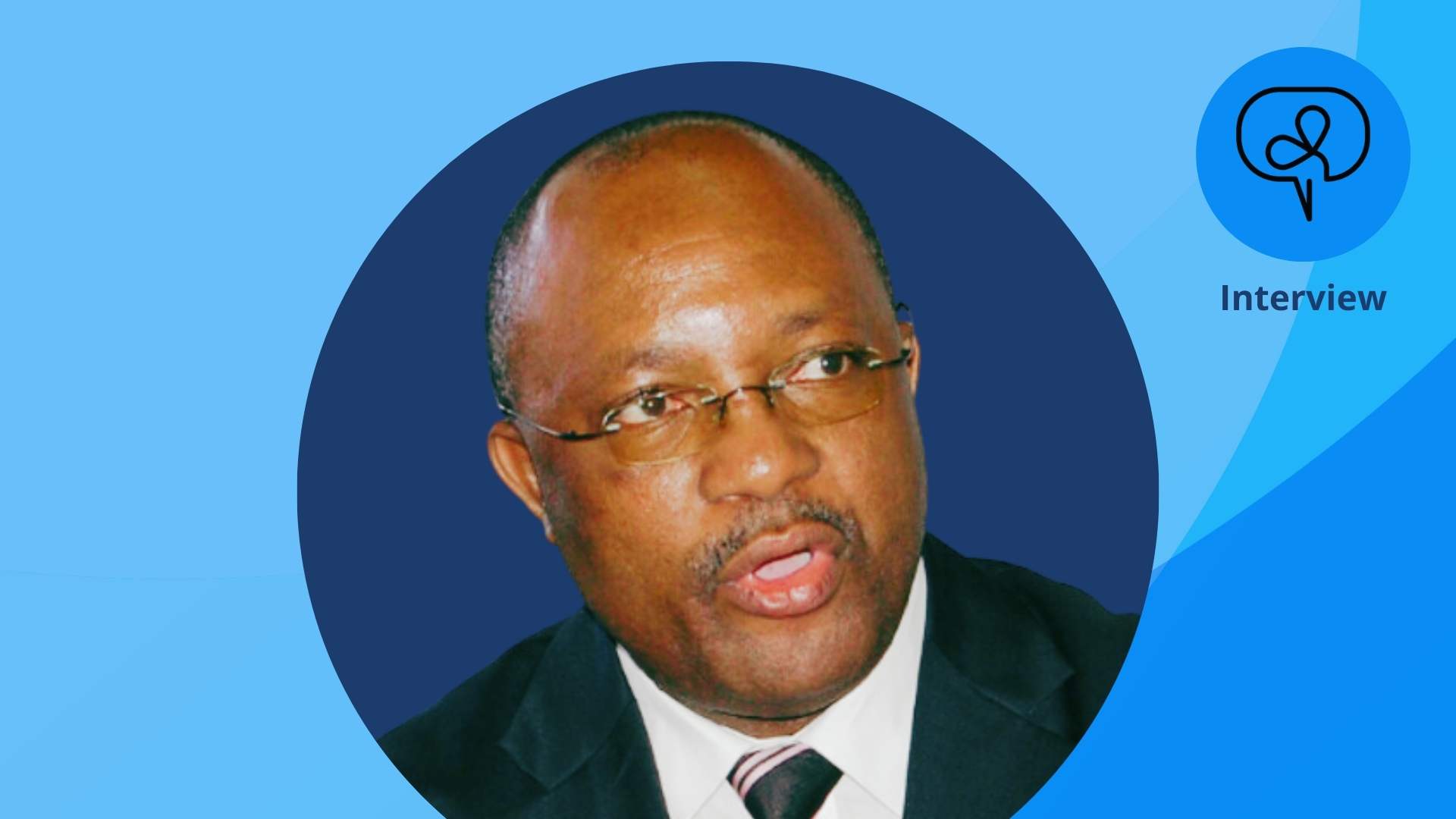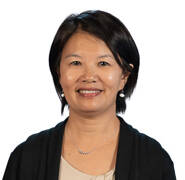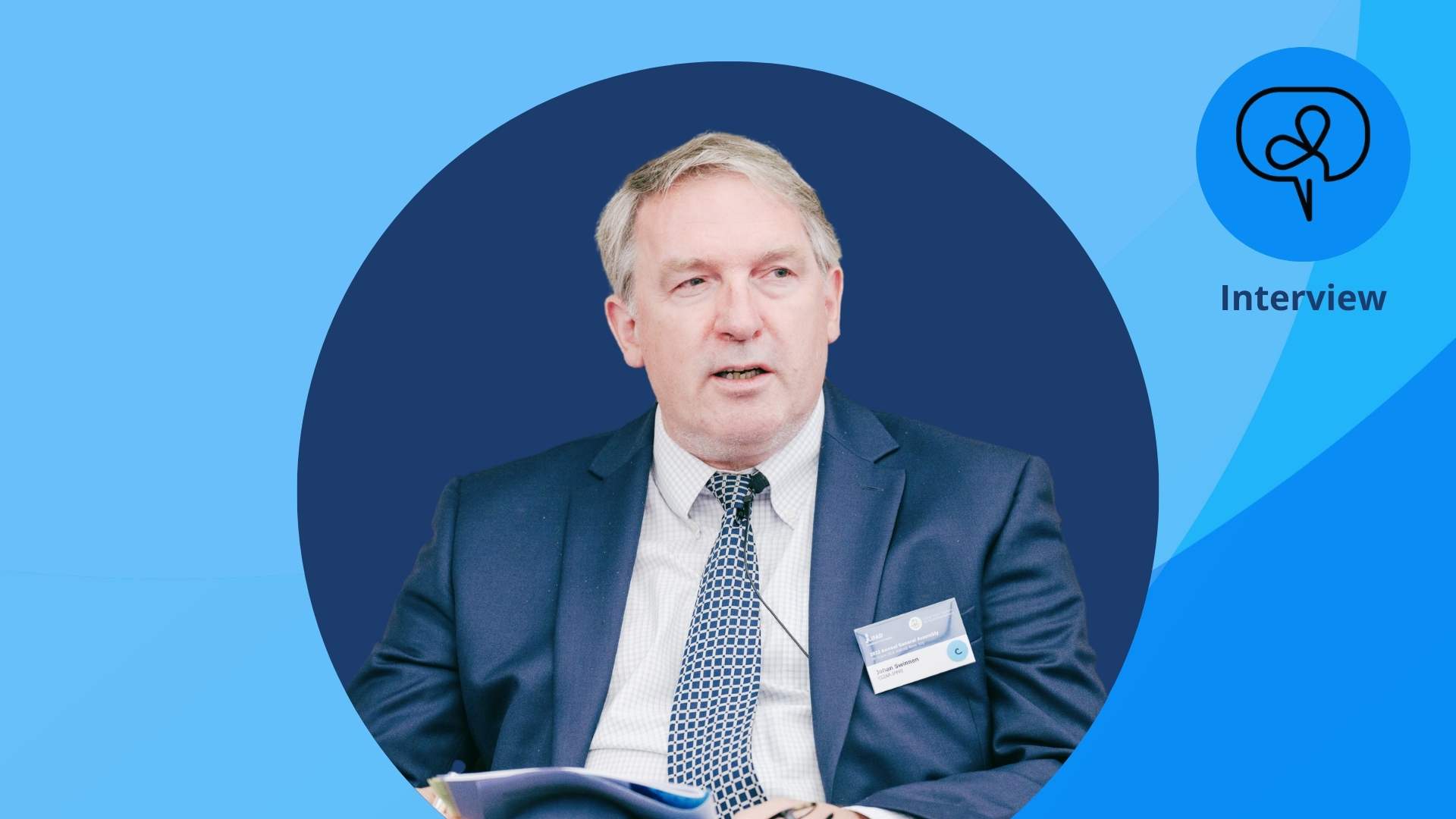
Short interviews by the Platform Secretariat during the 2022 Annual General Assembly in Rome, Italy.
Five experts talk about national pathways for food systems transformation, the current global food crisis response, and what they want small-scale farmers and the younger generation to know.

Johan Swinnen
Global Director of Systems Transformation (CGIAR), Director-General, International Food Policy Research Institute (IFPRI), Co-Chair of the Think20 Task Force on Food Security and Sustainable Agriculture
Other AGA2022 Interviews:
Johan Swinnen is the Global Director of Systems Transformation (CGIAR), Director-General, International Food Policy Research Institute (IFPRI), Co-Chair of the Think20 Task Force on Food Security and Sustainable Agriculture. Johan was a panellist during the first session of the AGA2022.
How do you see the future of food systems transformation? Why are natural pathways in coordination even more important now?
Johan: They have been important all the time. But particularly now after the UN Food Systems Summit of last year, which was very much focused on food systems, I think there has been a global recognition, and in that way, I think the Food System Summit was very important. It was the first time that at that level, there has been a global recognition that a food systems approach or even a broader food, land, and water systems approach, is crucial to make change. This change has to come about through changes at a number of levels, institutional and policy changes. Some of it is global, but ultimately, a lot has to be done at the national level and that is why these national pathways are so crucial. If things do not change at the national or local level, all the global changes by themselves will not be sufficient.
How does the current global crisis change the debate on food security? What are the most relevant messages you would like to convey to the rural development community, to build resilience in these times of crisis?
Johan: The current global crisis is an additional negative factor adding to the problems we already had. Before COVID-19, we already had a worsening food and malnutrition situation. COVID-19 has made this worse. It reinforced the problems and now with the crisis following the Ukraine war, we see that the prices of oil and fertiliser and of food were already high and now they're spiking, so that makes the issue more complicated.
The other thing is the sequence of crises and shocks means we have to start thinking in terms of that the normal factor is instability. Large price and market fluctuations have become the rule rather than the exception, and so we need to make sure that all the things we do are taking resilience at the heart of the problem and as a core part of the solution that we put forward.
A lot of the actions recommended by the Global Donor Platform, which are part of the White Paper they just came out with, are relevant today. However, it is important to adjust the policies for changing situations. What also is clear is that during these crisis situations it may be difficult for countries to stay with their sustainability commitments, both in the Global South and North. That may reinforce the need for coordination, because through coordination and cooperation, you may prevent local governments from moving into directions which are not sustainable in the long run.
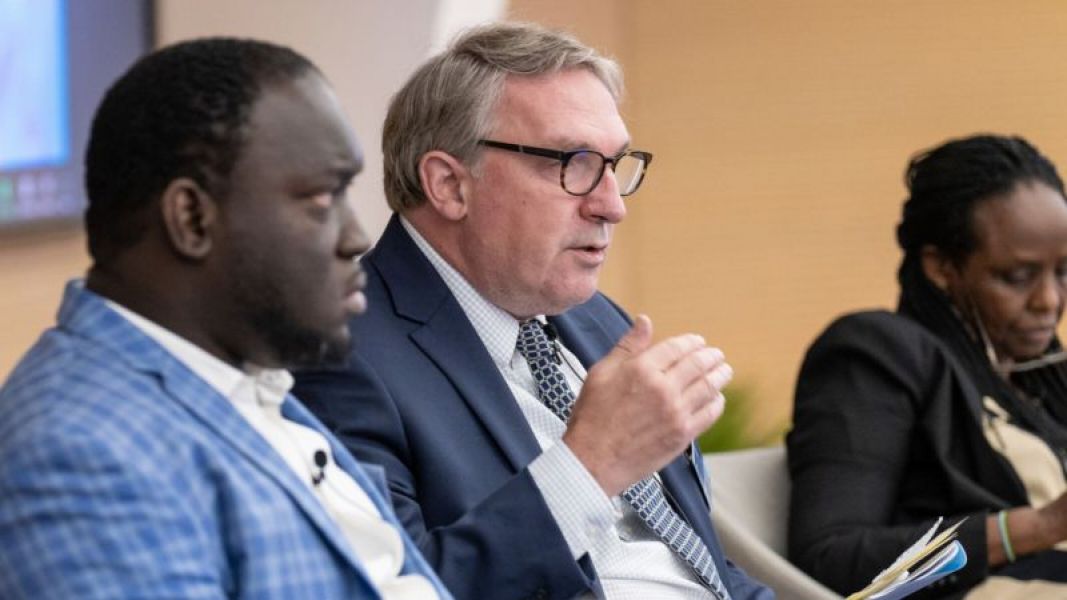
"We need to make sure that all the things we do are taking resilience at the heart of the problem and as a core part of the solution that we put forward."
What would like small-scale farmers and the younger generation to know, what should give them hope for tomorrow?
Johan: We won't be able to do it without them. We need to engage them. The vast majority of farmers in the world are small-scale farmers, and the future is with the youth. If we cannot engage smallholders and youth in food systems transformation, there will be no food system transformation. They are an important and essential part of the changes we want.
What would you like the donor community to get out of the Annual General Assembly 2022?
Johan: There are some important lessons from the months which have passed since the UN Food Systems Summit. There are some encouraging signs in terms of countries which have made quite a bit of progress on their national pathways. There are also discussions on how donor priorities or the coordination they have in mind is not always fully aligned with country level priorities. Therefore, there are lessons to be learned on both sides and I think that is good. That is why we are here together. We need to draw lessons on things which are working well and on things which can be improved. This meeting helps us in doing this and that is important for making more progress.
This video is a recording of the interview, conducted by the Secretariat of the Global Donor Platform for Rural Development during the Annual General Assembly in Rome, 15 June 2022.

